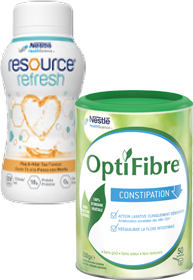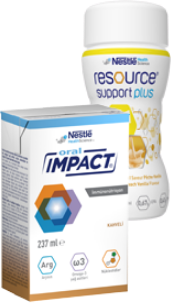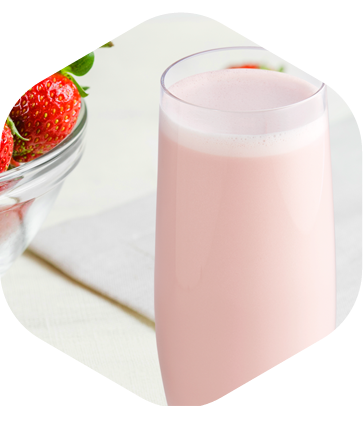How Psycho-Oncology Can Improve Quality of Life for People with Cancer
Therapy sessions usually focus on pain, fatigue, sexuality and self-esteem1
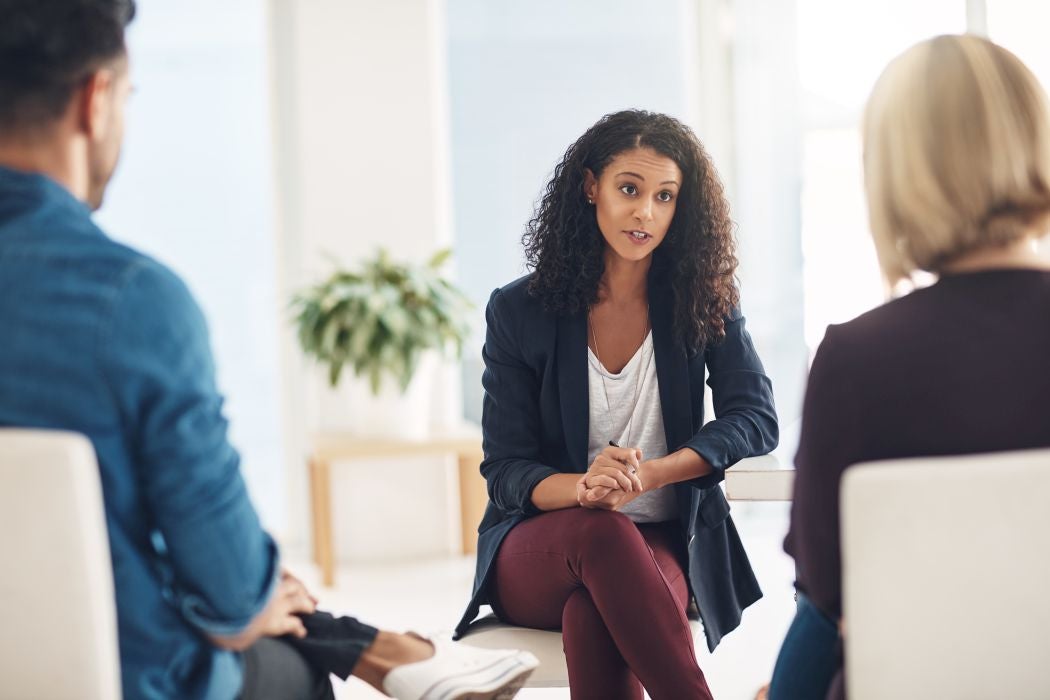
Psychosocial issues greatly impact people with cancer’s lives, both physically and mentally.1 The medical specialty that focuses on these psychological, emotional, social, behavioral, quality of life and even spiritual cancer-related issues is psycho-oncology.2 It helps people with cancer to face several challenges along their journey.1-3
Do all people with cancer need psychological support?
Although there is evidence that psychological suffering can lead to worse cancer complications, this direct relationship has not yet been proven. It is also unclear whether depression, for example, has a direct impact on cancer progression. But the fact is that the disease brings many challenges and psychosocial changes and there are several studies that show the benefits of psychosocial assistance.1-3
However, not everyone needs psycho-oncological assistance, or wants it. Sometimes neither them nor their caregivers recognize the need and importance of this kind of support. That’s why patients’ level of suffering should be assessed at all stages of the disease, to determine whether specialized support is recommended or not.1-2
How can psycho-oncology help?
Psycho-oncology’s therapeutic approach helps to improve physical and psychiatric symptoms, and wellbeing. Some of the main points are:1
Pain - Several situations may cause physical discomfort, such as tumor growth, treatments (a surgery, for example) and even lack of physical activity. As much as treating the disease, experts should also offer psychological help, as pain can be linked with emotional distress, depression, anxiety, insecurity and lack of hope. Several approaches and techniques can help coping with pain, for instance1,4:
- Cognitive behavioral therapy;
- Hypnosis;
- Relaxation techniques;
- Yoga;
- Physical exercises.
Fatigue - Many people with cancer feel exhausted and this can significantly affect their daily routine. This is probably due to several aspects of the disease, but its exact cause is unknown. However, depression, anxiety, insomnia and pain can increase tiredness1-3. Activities that may help include:1,5
- Aerobic training;
- Resistance or strength training;
- Energy expenditure regulation (adjusting peoples’ activities according to their specific possibilities and needs);
- Relaxation techniques.
Sexuality - Numerous factors can affect patients’ sexuality, be it the disease itself, or treatments, fatigue, pain and emotional changes, for example. If possible, medical treatments or other kinds of therapeutic approaches can be of use, such as:1,6
- Educational and counseling interventions;
- Sexual therapy;
- Couples therapy.
Caring for people with cancer is increasingly becoming a multidisciplinary team effort, including the psychosocial aspect of the experience. It is a very important part of treatment, which covers other aspects besides the tumor..7
References:
1 - Lang-Rollin I. Psycho-oncology. Available at: https://www.ncbi.nlm.nih.gov/pmc/articles/PMC6016045/. Access on: October/2019.
2 - Recklitis CJ. Provision of integrated psychosocial services for cancer survivors post-treatment. Available at: https://www.ncbi.nlm.nih.gov/pmc/articles/PMC5865587/. Access on: November/2019.
3 - Lang-Rollin I. Psycho-oncology. Available at: https://www.ncbi.nlm.nih.gov/pmc/articles/PMC6016045/. Access on: November/2019.
4 - Paice JA, Portnoy R, Lacchetti C, Campbell T et al. Management of Chronic Pain in Survivors of Adult Cancers: American Society of Clinical Oncology Clinical Practice Guideline. Available at: https://ascopubs.org/doi/full/10.1200/JCO.2016.68.5206. Access on: November/2019.
5 - Bower JE, Bak K, Berger A, Breitbart W, Escalante CP et al. Screening, Assessment, and Management of Fatigue in Adult Survivors of Cancer: An American Society of Clinical Oncology Clinical Practice Guideline Adaptation. Available at: https://ascopubs.org/doi/10.1200/jco.2013.53.4495. Access on: November/2019.
6 - Bober SL, Varela VS. Sexuality in Adult Cancer Survivors: Challenges and Intervention. Available at: https://www.researchgate.net/publication/231176360_Sexuality_in_Adult_Cancer_Survivors_Challenges_and_Intervention. Access on: November/2019.
7 - Psycho-Oncology – Model of Care. Government of Western Australia, Department of Health. Available at: https://ww2.health.wa.gov.au/~/media/Files/Corporate/general%20documents/Health%20Networks/WA%20Cancer%20and%20Palliative%20Care/Cancer/Psycho-Oncology-Model-of-Care.pdf. Access on: October/2019.
Know more about the subject
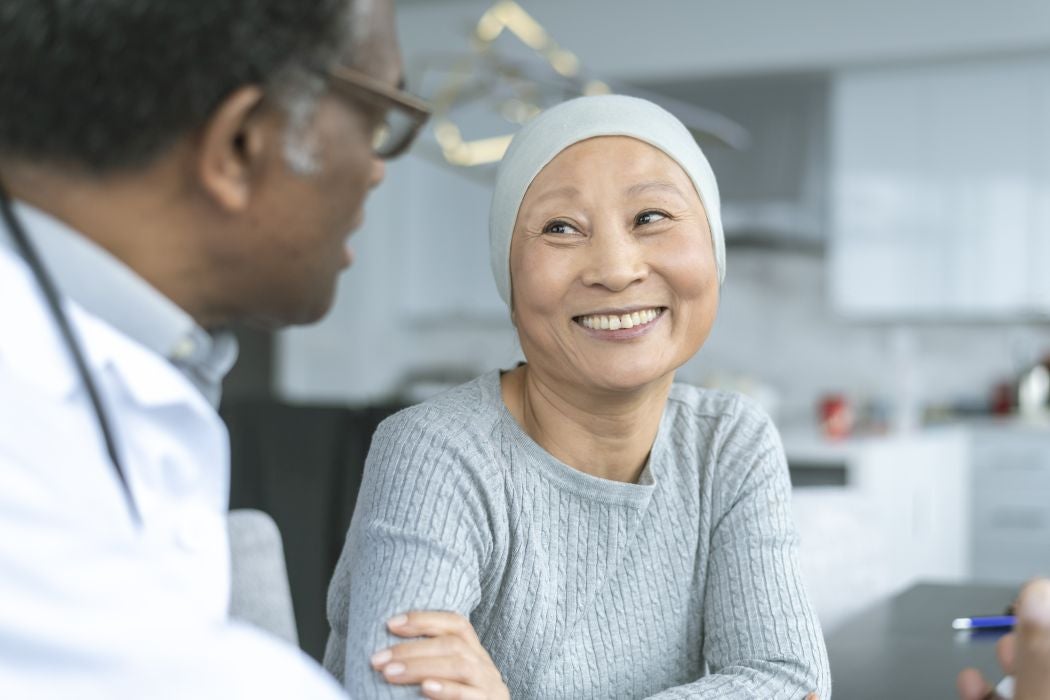
My Treatment Has Ended, What Do I Need to Know?
After your cancer treatment is finished, medical follow-up will continue and it’s important that you change a few habits.

Can Cancer Treatment Affect Fertility?
After the diagnosis, doctor and patient should talk about how treatments could affect fertility and possible ways to preserve it

Going Back to Work and the Social Scene after Cancer Treatment
"Support from family and friends makes things easier, but you need to be mentally prepared and focus on what you need to do."
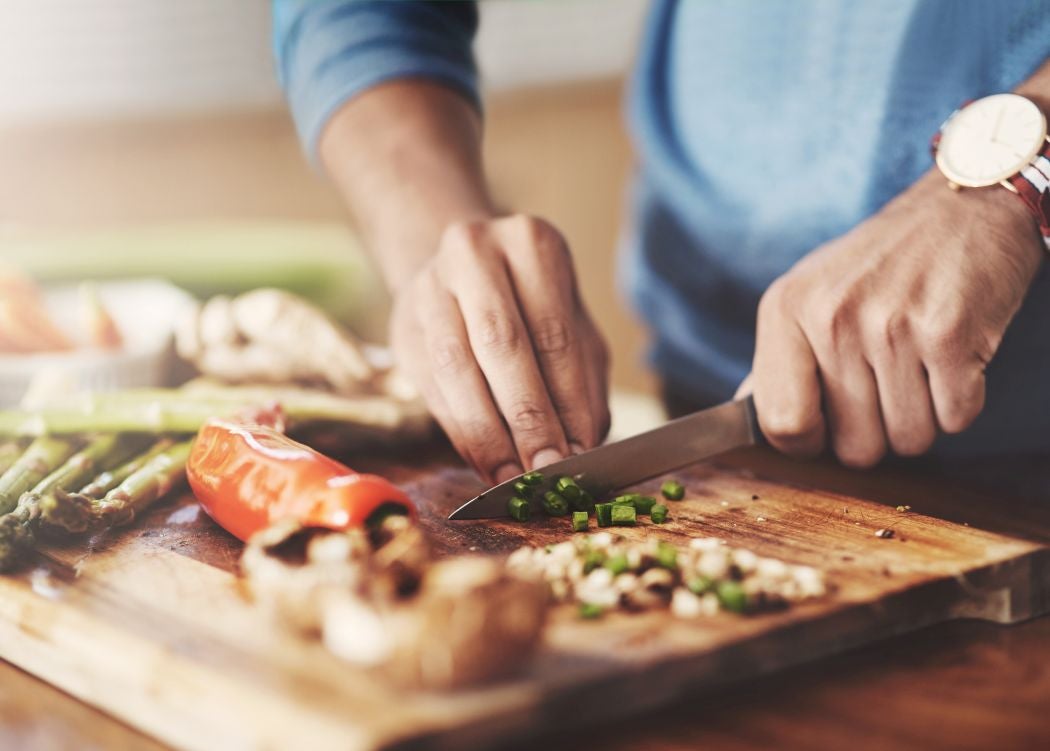
How to Prepare Some Vegetables While Keeping Their Nutrients
Certain cooking methods can make meals more nutritious
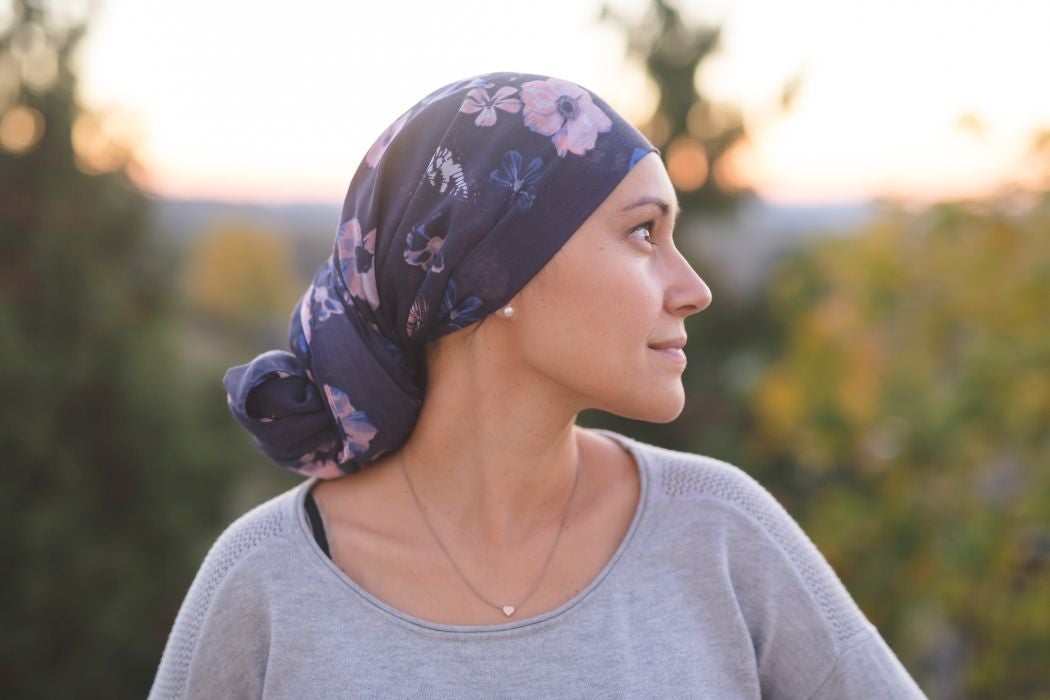
Common Questions About Hair Loss During Cancer Treatment
Although this is deeply associated with cancer treatment, not all people lose their hair
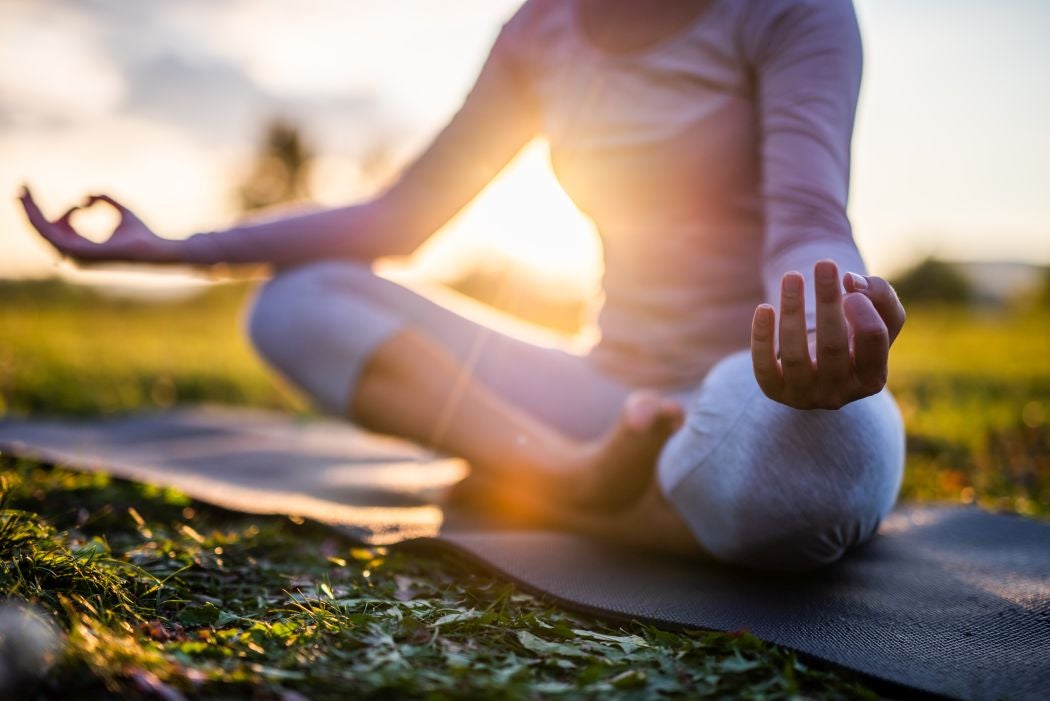
Complementary Therapies to Reduce Cancer’s Side Effects
They have scientifically-proven benefits and can be used to improve patients’ well-being.1

